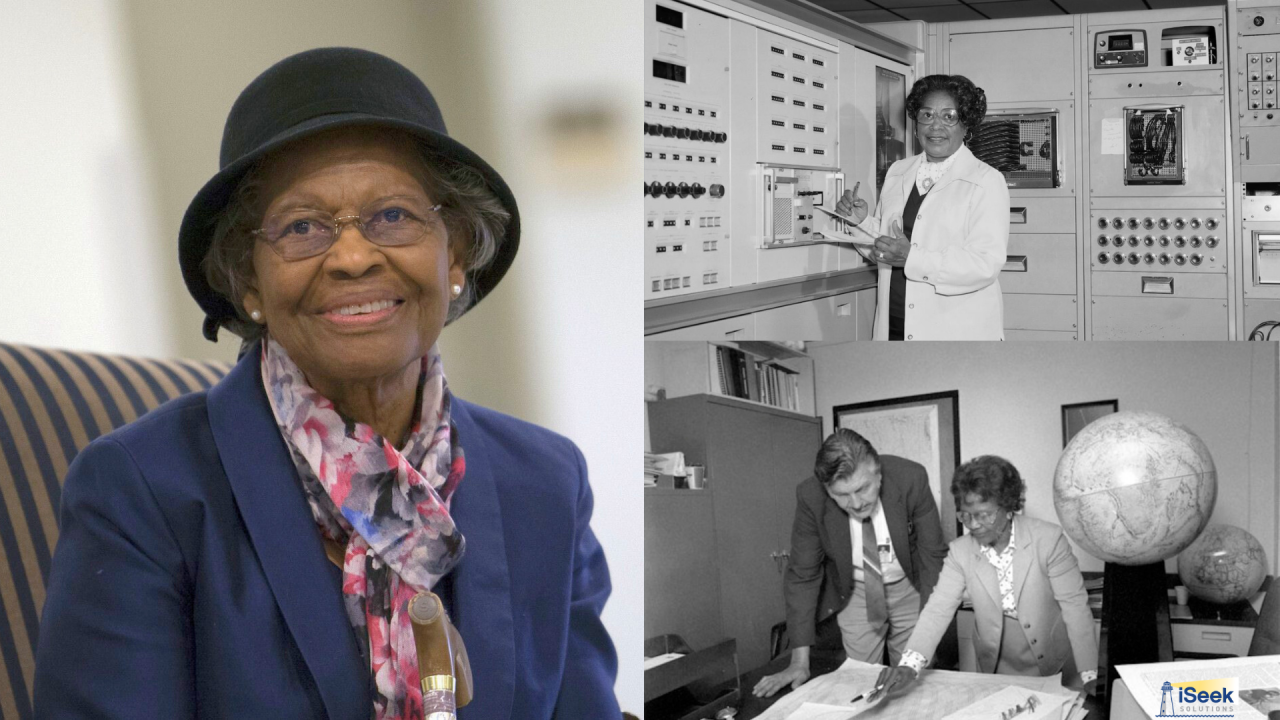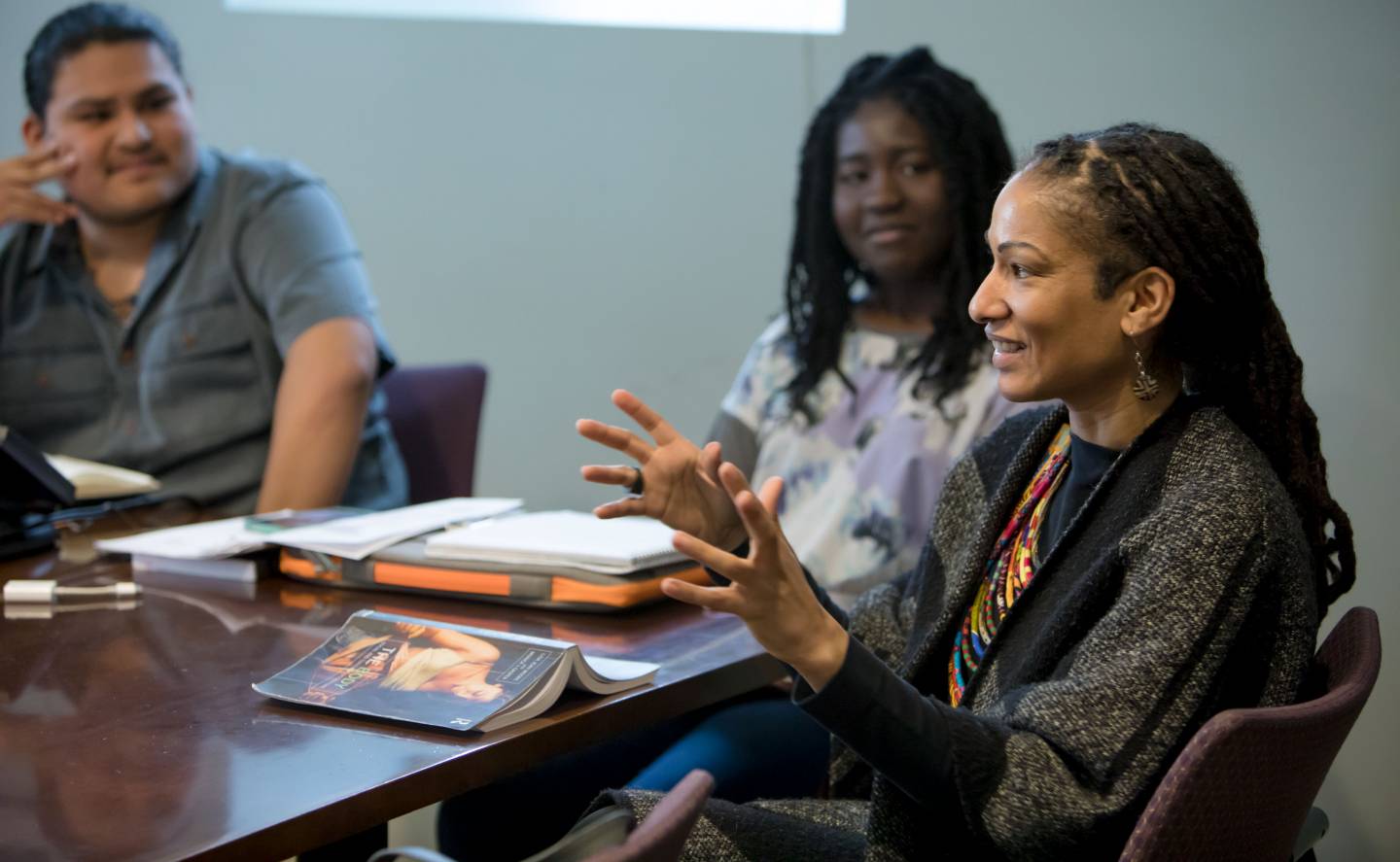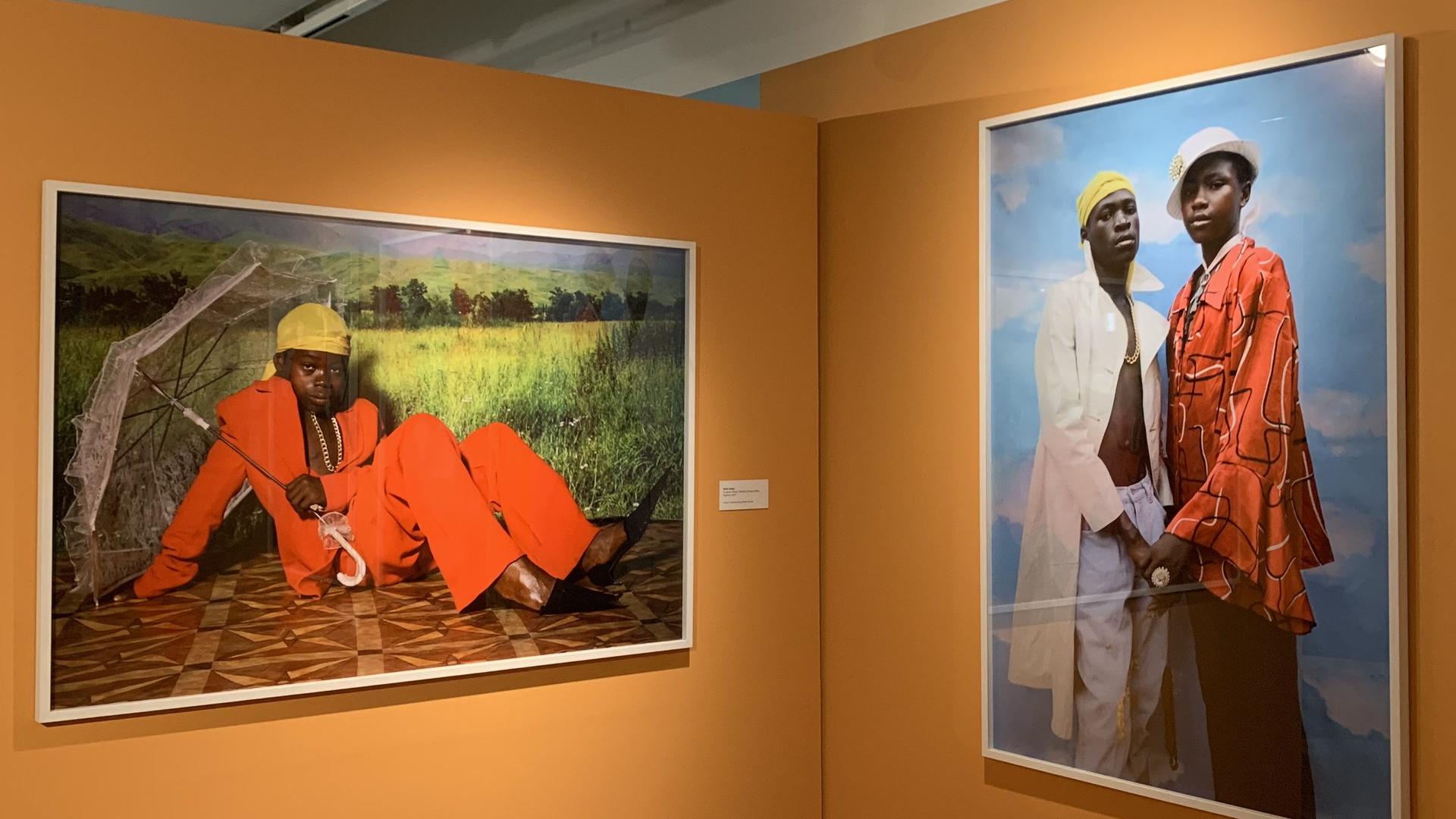Before the read
From app creators to AI researchers, Black tech leaders are shaping industries and influencing how technology serves society.
Diverse teams spark broader ideas, fuel innovation, and create solutions that work for more people.
Access to funding, mentorship, and equitable opportunities remain barriers, but solutions are emerging.
Black Tech Innovators Driving Change: How Diversity in Tech Shapes the Future
Black tech innovators have a long history of making meaningful contributions to technical fields, including computing and aeronautics. Some of their work helps to advance inclusion for all people, social justice, and environmental sustainability. While Black people still face barriers to entering STEM and receiving startup funding, there are organizations that exist to close these gaps and encourage diversity in tech. Emerging technology trends also offer further opportunities for Black technology professionals and startup leaders to advance technology for the benefit of all.
Black people have a long history of participating in tech innovation. In the past, scholar W. E. B. Du Bois gave a presentation at the 1900 Paris World’s Fair using sixty-three different types of data visualization techniques, some of which he invented himself. More recently, as spotlighted in the film Hidden Figures, mathematicians Katherine Johnson, Dorothy Vaughan, and Mary Jackson joined others in performing the calculations needed to send humans into space.

Since then, Mark Dean at IBM was influential in the development of the color PC monitor and the gigahertz chip, which greatly sped up computing. Roy Clay Sr. began coding during the American civil rights era and, after working to help bring Hewlett-Packard’s products to market, founded his own company, Rod-L Electronics, in the 1970s, which some see as kicking off the startup craze in the area. Today, Roy Clay is still called the “Godfather of Silicon Valley.”
Dr. Gladys West figured out the calculations for identifying one’s position with high accuracy using satellite data, which became the foundation for modern GPS technology. She continued learning throughout her life, earning a Ph.D. in her eighties after suffering a stroke. After one of her sorority sisters called national attention to something that she wrote in her sorority alumni bio, Dr. West became inducted into the Air Force Space and Missile Pioneers Hall of Fame in 2018.
Building on the work of their predecessors, current innovators continue to move forward into the future.

Pioneering Black Tech Innovators
Many modern Black technology leaders are developing tools to help bring everyone to the table economically and socially.
Roy Allela, the Kenyan inventor of sign-to-speech gloves, was inspired by communicating with his six-year-old niece, who was born deaf. Allela developed these gloves when He was just twenty-five. They render sign language into audible speech in real-time. Paired through Bluetooth to an Android application, the gloves’ sensors have a 93 percent accuracy rate for identifying users’ hand gestures.

American entrepreneur Sheena Allen grew up in a small town in Mississippi with only one bank nearby. She watched payday lenders take advantage of those who didn’t have accounts and couldn’t access traditional banking, which led her to develop CapWay, an online social enterprise bank intended to serve those without banks. Allen also developed App It Out, an online guide to developing and launching apps designed for creators and small business leaders without coding experience.
Nigerian-American innovator Jessica Matthews began her career at age twenty-two by creating Soccket, a soccer ball that produced enough kinetic energy during play to power a lamp or cell phone. Her innovation proved invaluable in remote areas of Nigeria and other places that often experience electrical blackouts. Almost ten years later, she’s built that idea into energy and data technology firm Uncharted Power, which provides global infrastructure solutions for areas with sporadic electrical and internet coverage. Matthews is the first Black woman to raise $7 million in Series A funding for her startup.
Tech for Social Good
Like Matthews, many other Black innovators are engaged in work to push society to become more inclusive and sustainable.
Dr. Joy Buolamwini, self-styled a “poet of code,” has tested artificial intelligence image recognition systems for bias based on race or gender. Her work has led to significant technical improvements in visual recognition. She later founded the Algorithmic Justice League, which is dedicated to raising awareness of implicit biases in big data and artificial intelligence.
Donnel Baird, an energy innovator, grew up in a poor area of Brooklyn in a home with a broken heater, which forced his family to use their gas oven to warm their home. After years as a community organizer, Baird started climate tech company BlocPower, which works with low-income American families to make their homes more sustainable while saving them money on power costs. They operate in over fifty-one US cities and provide job training for people seeking employment in eco-friendly construction. They are currently building an AI model to demonstrate how to “green every building in the United States.”
Dr. Siobahn Day Grady, Assistant Professor and Program Director of Information Science and Systems at North Carolina Central University, studies the applications of machine learning. Day Grady draws on her research to help combat disinformation on social media and to make electric vehicles better at detecting internal problems that make the cars less safe on the road.
She also advocates for women and people of color in STEM (science, technology, engineering, and mathematics) fields. She speaks publicly about equity in tech employment and funds scholarships at historically Black colleges and universities (HBCUs).
Challenges and Solutions
Advocating for equity in tech employment and funding is still critically important, as Black people and other minority groups are still underrepresented in technology-related occupations. According to a 2018 Pew Research report, Black and Hispanic people represent 27 percent of the American workforce but only 16 percent of the STEM workforce.
The Pew Research report invited people of all races working in STEM to share why they thought people of color were underrepresented in technology-related employment. Fifty-two percent of STEM professionals said that Black and Hispanic people were less likely to have access to the education they needed to succeed in these careers. Thirty-two percent of respondents said that workplace discrimination in recruitment, hiring, and promotions, along with a lack of people from the Black and Hispanic communities in leadership roles who could serve as mentors and role models in the workplace, were also major contributing factors.
The I Am Stem summer camp program for teens, started by Dr. Natalie S. King, Assistant Professor of Science Education at Georgia State University, seeks to combat some of these inequities. The programs are aimed at Black girls and other teen girls of color and help them meet other teens of color who share their interests and adults who can serve as mentors. Similar programs have sprung up around the world and provide a valuable service, not only to young people of color interested in STEM but also to future workplaces where they will bring their talents.
The Black Tech Pipeline is a job board and talent directory intended to help Black professionals seeking employment in tech find work at companies that value diversity, equity, and inclusion. It’s also a resource for tech firms’ human resources to identify talented, Black potential employees.
Accessing the funding needed to launch a tech startup can also be more difficult for Black technology entrepreneurs in the United States and around the world. A 2021 study by Columbia Business School professor Dr. Emmanuel Yimfor revealed that only 3.47 percent of founders seeking venture capital funding in that year were Black and that Black-founded startups raised only a third of the funding that non-Black-founded startups did. However, having a Black investor lead the investment team closed that gap by nearly 50 percent.
Dr. Yimfor’s work suggested that the investment firms’ criteria for making funding decisions contributed to these disparities. For example, investors would be more likely to fund graduates of Ivy League colleges than alums of HBCUs, or they would be less aware of other, less formal, more community-based metrics and networks where a Black entrepreneur might have a track record of success.
Organizations exist to surmount this funding gap by equipping and training Black startup founders and putting them in the room with potential investors. AfriLabs, a tech incubator offering business training, mentoring, networking, and investment opportunities, operates in over two hundred African cities in various countries. They now connect over one million developers, innovators, entrepreneurs, and startups and have over thirty investors in their network.
Empowered for the Future of Tech Innovation
According to a report from the National Venture Capital Association, funding for Black-led startups has steadily increased in recent years. This is due to the efforts of programs such as Google’s Black Founders Fund and Harlem Capital’s investments.
Emerging technology trends include blockchain, green and sustainable technology, artificial intelligence, and healthcare/wellness technology aimed at specific populations, including historically marginalized groups.

Major conferences and organizations aimed at recruiting, supporting, and retaining Black talent in technology fields, including AfroTech and Black Men in Tech, will host programming intended to empower Black professionals to lead the way in those rising tech trends.

From the early days of data analysis to the US space exploration program and the development of modern televisions, phones, and computers, Black innovators have made significant, invaluable contributions to the world’s technological advancement.
Supporting equity in education, hiring, mentoring, and professional support, and venture capital funding for Black-led startups, has proven to go a long way toward breaking social and economic barriers to Black success in technology-related fields.
The future of technology presents even more opportunities for Black professionals to continue to make meaningful contributions to industries that are transforming our world.
More by this author
The Wrap
- Black tech innovators have advanced fields from space exploration to artificial intelligence.
- Diversity in tech improves creativity, problem-solving, and equity in innovation.
- Barriers like limited STEM access, workplace bias, and funding gaps still exist.
- Programs such as I Am STEM and Black Tech Pipeline help close representation gaps.
- Investors and incubators like AfriLabs are creating pathways for Black-founded startups.
- Emerging fields such as green tech, AI, and blockchain present new opportunities.
- Supporting diversity in tech builds a stronger, more inclusive future for innovation.































